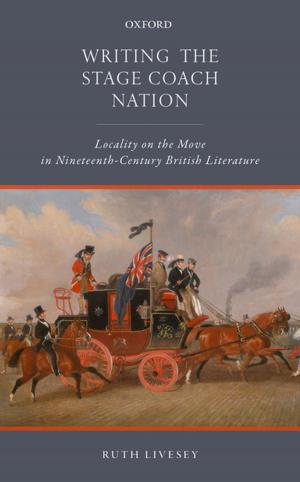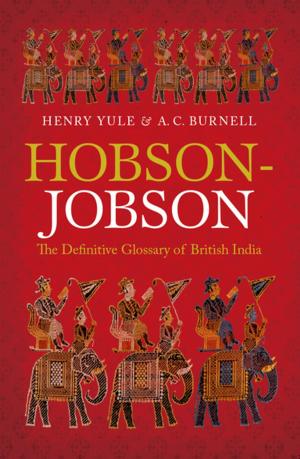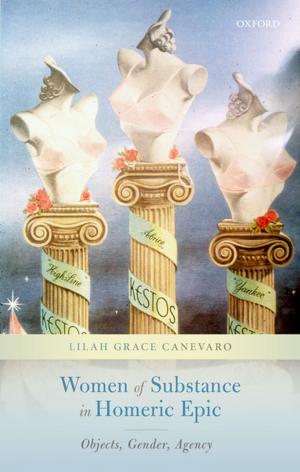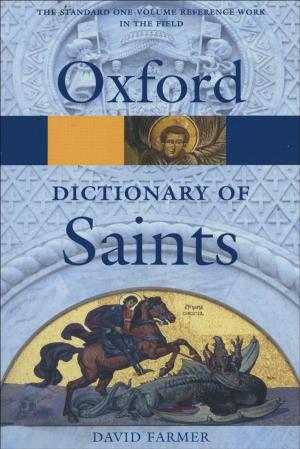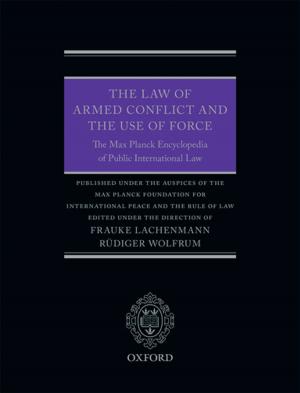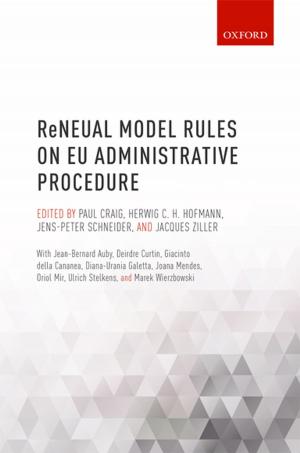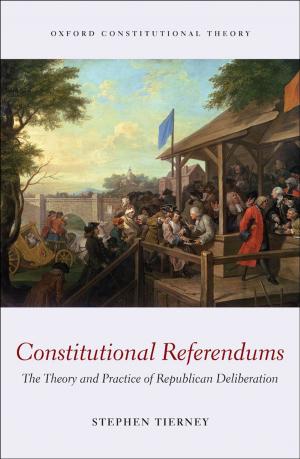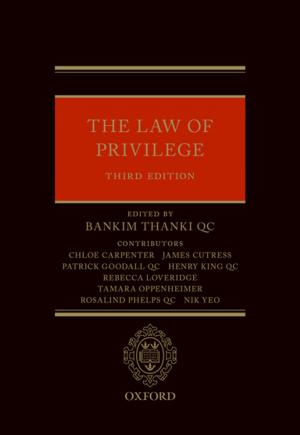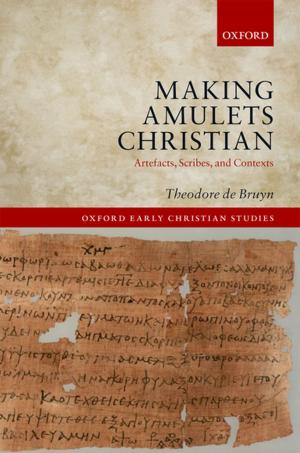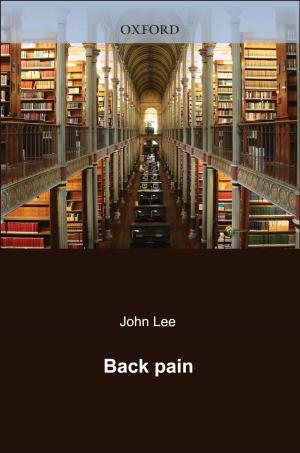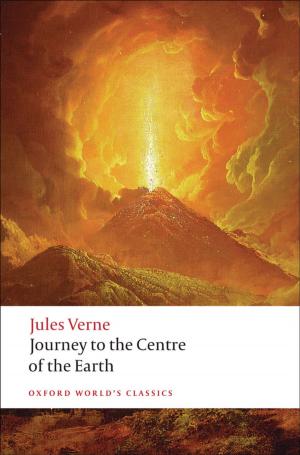Prudentius and the Landscapes of Late Antiquity
Fiction & Literature, Literary Theory & Criticism, Ancient & Classical, Nonfiction, History| Author: | Cillian O'Hogan | ISBN: | 9780191086878 |
| Publisher: | OUP Oxford | Publication: | September 22, 2016 |
| Imprint: | OUP Oxford | Language: | English |
| Author: | Cillian O'Hogan |
| ISBN: | 9780191086878 |
| Publisher: | OUP Oxford |
| Publication: | September 22, 2016 |
| Imprint: | OUP Oxford |
| Language: | English |
Prudentius and the Landscapes of Late Antiquity offers a thematic analysis of the poetry of the late Latin poet Prudentius, focusing in particular on his descriptions of the geographical and cultural landscapes of late antiquity. Cillian O'Hogan sets Prudentius in the context of other late antique authors, including Lactantius, Jerome, Augustine, and Endelechius, and argues that the poet makes use of allusion to Augustan and early imperial Latin authors to present the late Roman landscape as one markedly altered by the arrival of Christianity, though retaining the grandeur of the pagan past. This volume examines his conception of the world as a text, his use of intertextuality to describe literary journeys, his view of the civic function of Christian martyrdom, his conception of heaven, and his attitude towards art and architecture, combining philological and intertextual criticism with approaches drawn from the fields of book history, cultural geography, and theology to paint a fuller and richer picture of the greatest of the Christian Latin poets.
Prudentius and the Landscapes of Late Antiquity offers a thematic analysis of the poetry of the late Latin poet Prudentius, focusing in particular on his descriptions of the geographical and cultural landscapes of late antiquity. Cillian O'Hogan sets Prudentius in the context of other late antique authors, including Lactantius, Jerome, Augustine, and Endelechius, and argues that the poet makes use of allusion to Augustan and early imperial Latin authors to present the late Roman landscape as one markedly altered by the arrival of Christianity, though retaining the grandeur of the pagan past. This volume examines his conception of the world as a text, his use of intertextuality to describe literary journeys, his view of the civic function of Christian martyrdom, his conception of heaven, and his attitude towards art and architecture, combining philological and intertextual criticism with approaches drawn from the fields of book history, cultural geography, and theology to paint a fuller and richer picture of the greatest of the Christian Latin poets.

